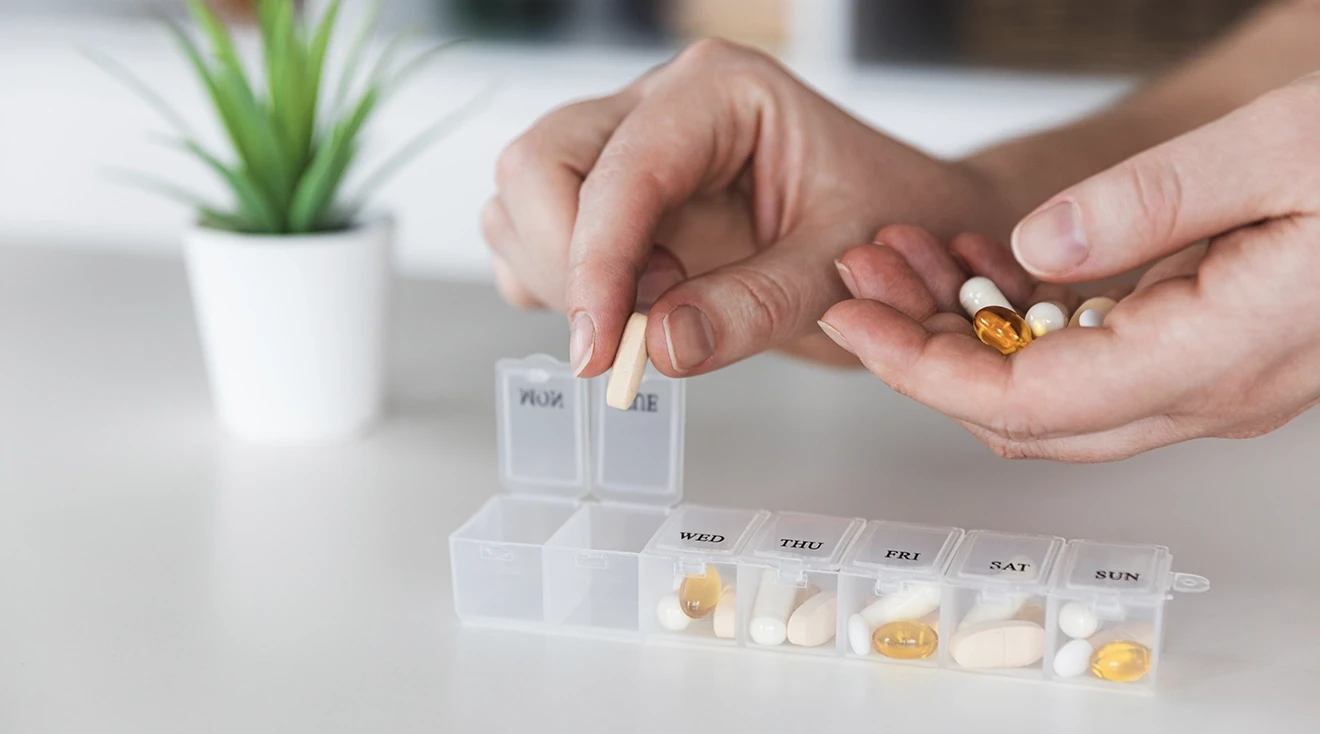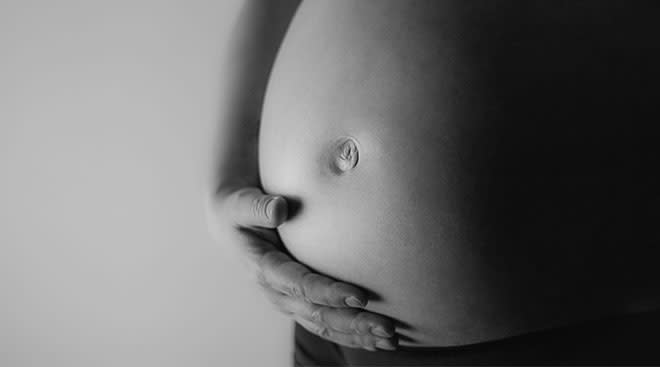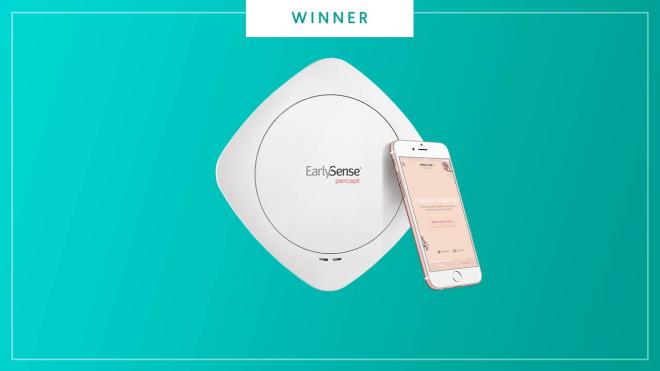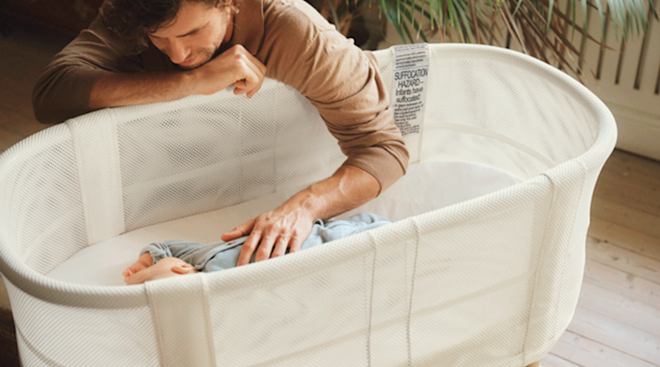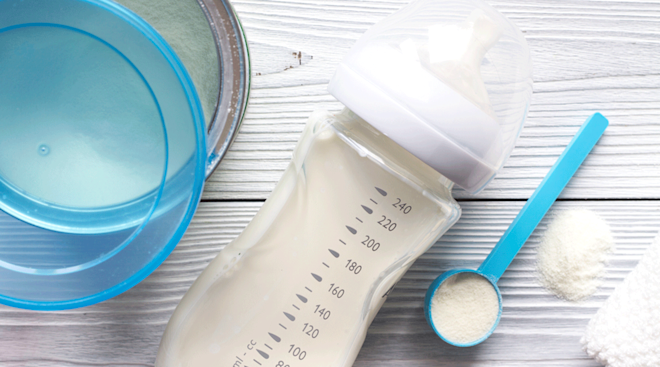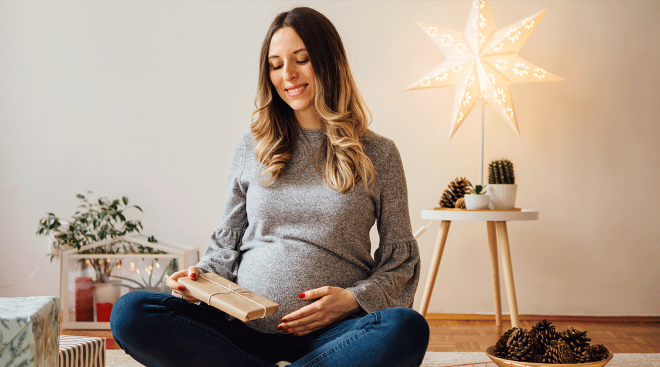The Best Fertility Vitamins to Help You and Your Partner Conceive
It’s no secret that a regular regimen of prenatal vitamins can help both mom and baby get the nutrients they need throughout a healthy pregnancy. But don’t wait until you’re pregnant to start supplementing; some experts believe that the right combination of fertility vitamins can help boost your chances of conception. While there’s still research that still needs to be done, current research indicates that taking fertility vitamins may result in improved embryo quality and a better chance of getting pregnant in a shorter amount of time.
Aumatma Shah, ND, a naturopathic doctor and nutritionist, author of the book Fertility Secrets and founder of the Bay Area’s Holistic Fertility Center, says that in her experience conception vitamins can absolutely support fertility. But while it won’t typically hurt to take a broad spectrum of vitamins to help get pregnant, a personalized approach is the best way to optimize the results. “Often, the most effective way to support fertility is to accurately analyze which nutrients are most deficient (and hence a priority) for you to address and optimize.” A knowledgeable health provider can help provide guidance on the specific vitamins and dosage that are best suited to your body’s needs.
There are many vitamins to help get pregnant, and it’s recommended that you start taking them about two to three months before trying to conceive. Here, doctors, healthcare providers and fertility specialists weigh in on how certain conception vitamins can aid fertility, the best vitamins for trying to conceive and how much to take.
There are many vitamins to help get pregnant, but these, according to the experts, are some of the best conception vitamins for women.
Folic Acid
It’s common for women to take folic acid (AKA Vitamin B9) during pregnancy to reduce the risk of neural tube defects for the baby. But it’s actually been shown to increase fertility rates as well, so for many reasons it’s a good idea to start supplementing with folic acid in advance. Folic acid can be taken separately or as part of a prenatal vitamin. According to Mark Trolice, MD, founder and director of Fertility CARE – The IVF Center, “all women—even if they’re not trying to conceive—should take 400 micrograms of folic acid daily.” However, pregnant women and those trying to conceive can take up to 1 mg daily.
Vitamin E
You may recognize vitamin E from skincare products that promise to reduce wrinkles. That’s because it works to repair cells, which is also what makes it so effective as a fertility vitamin. “Vitamin E is an essential nutrient for ovaries and also acts as an anti-aging antioxidant. For women who are trying to conceive later in life, they may benefit from supplementing with Vitamin E so that they can support egg quality, which is core to being able to conceive and carry to term,” Shah explains.
Vitamin D
Though the best way to get vitamin D is with healthy exposure to sunlight, these days it’s common to be deficient, which is bad news for those trying to get pregnant. “Vitamin D is essential for the development of healthy hormones,” Shah says. “Hormones are the key communicators or signaling compounds in the body and those signals throughout the month are what create the template for a woman’s menstrual cycle and for balance through pregnancy.”
Fish Oil
Fish oil is often added to the prenatal vitamin regimen because of its positive impact on baby’s brain development. But Omega 3 fatty acids (usually taken in the form of fish oil pills) have also been shown to improve female fertility, according to Trolice. It can increase egg quality, which is important for conception. Expectant mothers should take at least 300mg daily.
Coenzyme Q10 (CoQ10)
Coq10, a naturally occurring compound, has been shown to increase fertility, particularly for women over 40, and as such has become a popular fertility vitamin. Shah has seen the positive effects firsthand, from optimizing egg quality to thickening the uterine lining (women with thin uterine lining, she says, can have a harder time getting pregnant). She points to one study that showed that taking Coq10 in conjunction with Clomid improved fertility rates for women with polycystic ovarian disorder. Recommended doses vary from 150mg to 600 mg daily.
Selenium
Shah calls selenium “a super-vitamin for fertility and pregnancy,” thanks to its antioxidant powers. The micronutrient can help promote healthy uterine follicles, which is where the eggs are developed and released. She notes that “selenium deficiencies may lead to gestational complications, miscarriages and may damage the nervous system of the developing fetus.” It’s recommended that pregnant women take about 60 mcg daily.
It takes two to tango, so don’t forget about male fertility vitamins!
Folic Acid
If you thought folic acid was just for women, think again. “Men who are attempting pregnancy with their partner should also be on multivitamins with folic acid, which will improve the health of the sperm as well as the offspring,” says Edward Marut, MD, a board certified OB-GYN and reproductive endocrinologist with Fertility Centers of Illinois.
CoQ10
This is another fertility vitamin that’s effective for both men and women who are trying to conceive. “Studies show CoQ10 increases sperm count and improves morphology,” Shah says. Marut recommends that men take 200mg of CoQ10 twice daily to enhance semen quality.
Selenium
The antioxidant powers of selenium are just as important for men as they are for women. “Low selenium in men can cause infertility by lowering sperm motility and semen quality,” Shah explains. One study indicated that previously infertile men who took a regimen of selenium and vitamin E experienced improved sperm motility and much greater rates of conception.
Zinc
“Men with low zinc levels are shown to have especially poor sperm counts and quality,” Shah says. If you see white spots on your nails, she cautions, you may have a zinc deficiency. Studies found that taking 66 mg of zinc every day along with 5 mg folic acid significantly increased sperm count.
Fish Oil
The omega 3 fatty acids in fish oil make it great fertility vitamins for men. Marut says hopeful fathers-to-be should take 200 mg twice daily to enhance semen quality.
Take caution when choosing fertility vitamins, since dietary supplements are not subject to FDA approval, Trolice warns. “Do your research and ask your doctor,” he urges. When in doubt, Shah says a good quality prenatal supplement is a great place to start, since it will have many of the conception vitamins you’re looking for. Here, some top fertility vitamins to consider.
Prenatal vitamins
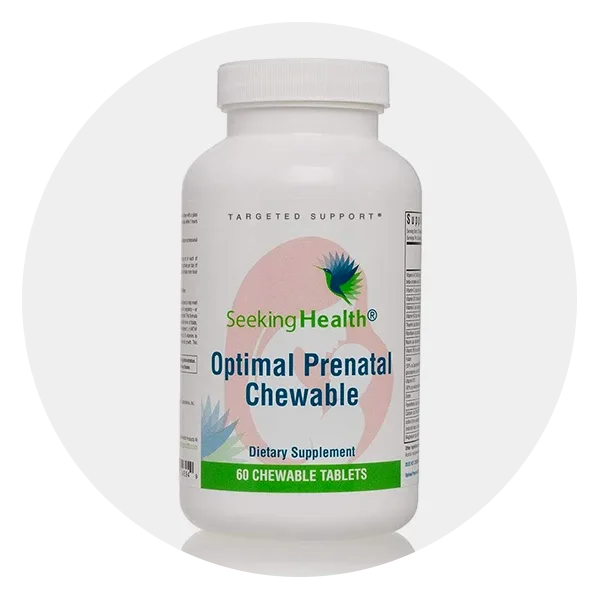
In a world where Shah laments that “there are many garbage vitamins being promoted,” she trusts Seeking Health’s Optimal Prenatal Vitamins. She appreciates that it doesn’t have a long list of “other ingredients” below the ingredient list, and says that a solid prenatal vitamin is a great place to start when looking for fertility vitamins.
CoQ10 supplement
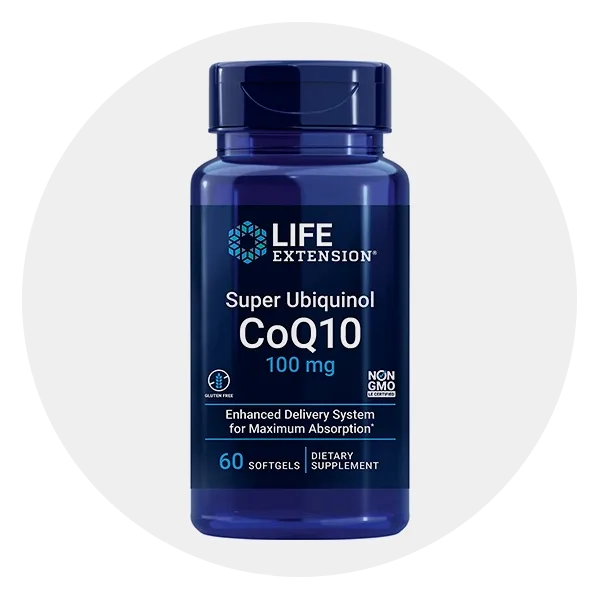
Though you may or may not have heard of CoQ10, there are an overwhelming number of choices available on the market for someone looking to supplement. Life Extension has a solid reputation for rigorously testing and accurately labeling their products. Their super ubiquinol formulation of CoQ10 is made specifically to increase the bioavailability of the vitamin so your body can absorb it more easily.
Ethically sourced fish oil pills
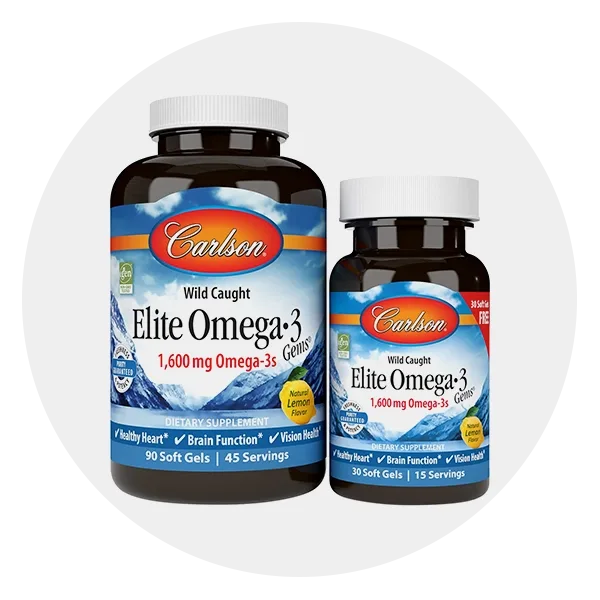
You’ve probably heard of farm-to-table, but what about ocean-to-pill? These fish oil pills are ethically sourced from wild, sustainably caught fish and are free of artificial preservatives. Plus, the nice lemon flavor cuts down on the dreaded “fish burps” that can occur.
Vitamin D soft-gel pills
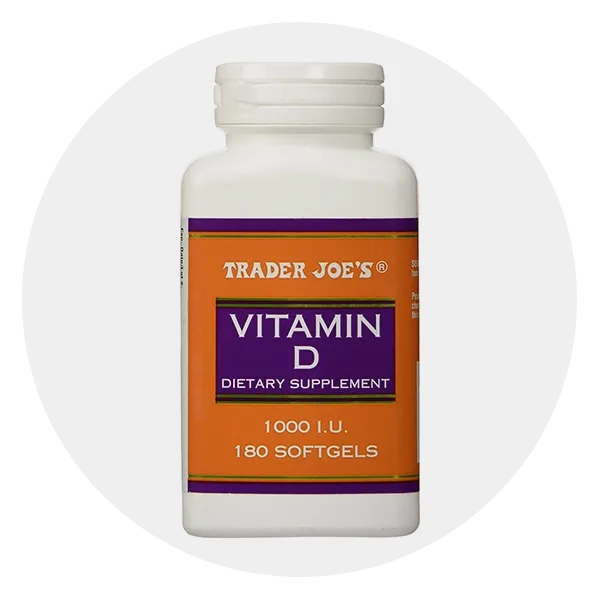
You may be surprised to hear that popular supermarket chain Trader Joe’s takes the prize for Consumer Reports’ top-rated vitamin D pill, but the review magazine put them in the #1 spot for their combination of affordability and effectiveness. Even if you’re not near a TJ’s, you can get them on Amazon for just a few cents more.
Vitamin E supplements
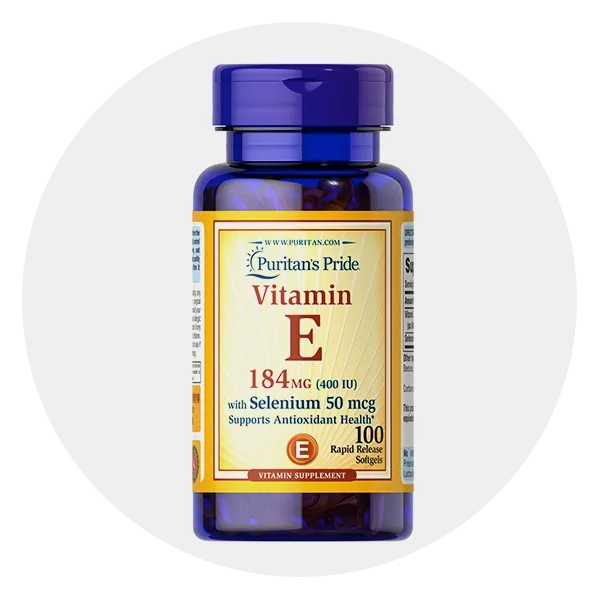
Puritan’s Pride has been in business for over four decades and has a reputation for trusted supplements. These vitamins are 100 percent natural and come in a soft-gel option, which are often easier to swallow. Plus, they pack a punch with vitamin E and selenium, two fertility vitamins for men and women alike.
About the experts:
Aumatma Shah, ND, is a naturopathic doctor and nutritionist. She is the author of the book Fertility Secrets and founder of the Bay Area’s Holistic Fertility Center.
Please note: The Bump and the materials and information it contains are not intended to, and do not constitute, medical or other health advice or diagnosis and should not be used as such. You should always consult with a qualified physician or health professional about your specific circumstances.
Plus, more from The Bump:
Navigate forward to interact with the calendar and select a date. Press the question mark key to get the keyboard shortcuts for changing dates.
































